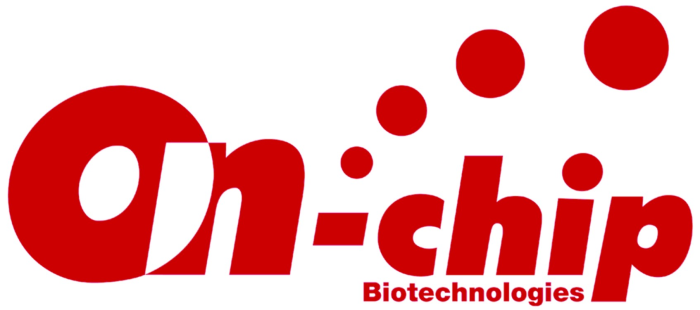Droplet-based microfluidics has proven itself to be a powerful tool for the discovery and engineering of enzymes. By miniaturizing assays within droplets to the pL scale, microfluidics enables the screening of large genetic libraries with substantially less substrate use compared to conventional microtitre plates. Moreover, with the appropriate droplet sorter this can be conducted high throughput with libraries of 105 clones being readily screened. In this webinar, the featured speakers will describe how they have applied the On-chip Sort for ultrahigh-throughput enzyme discovery (via functional metagenomic screening) and enzyme engineering by directed evolution.
Both of these techniques allow for the discovery of novel enzymatic activities through exploration of sequence space. In the functional metagenomic screen, they were able to isolate a single active clone from a library of 19,500 clones in a single sort. Such low hit rates are typical in functional metagenomics and highlight the need for high-throughput assays in order to identify active clones. Meanwhile, a single round of the directed evolution campaign in droplets (with a library of 100,000 clones) revealed a panel of clones with improvements from five to 35-fold enhancements in activity compared to the parent. Both of these examples are enabled by the miniaturization offered by microfluidics as the screens required the use of oligosaccharide substrates. At these scales the cost of substrate would be prohibitive if done in microtitre plates. Such results highlight the utility of droplet-based microfluidics for the rapid exploration of sequence space where other assays may be otherwise unfeasible.
Join this webinar to learn about the applications of a droplet-based microfluidics sorter for ultrahigh-throughput enzyme discovery.
Speakers

Jacob Wardman, PhD Candidate, University of British Columbia
Jacob Wardman is currently a biochemistry PhD candidate in the laboratory of Stephen Withers at the University of British Columbia. During the course of his graduate studies, he has held national scholarships from the Canadian Institute for Health Research and the National Sciences and Engineering Research Council of Canada. Before joining the Withers lab, Jacob did his BSc in biochemistry at the University of Calgary. His current research focuses on the identification and engineering of enzymes which manipulate carbohydrates present on mammalian cell surfaces.

Charlotte Olagnon, Postdoctoral Research Fellow, University of British Columbia
Charlotte Olagnon holds a PhD in carbohydrate chemistry from the University of Natural Resources and Life Sciences in Vienna, Austria. In 2021 she was awarded an Erwin Schrödinger fellowship from the Austrian Science Fund (FWF) and joined Stephen Withers laboratory at the University of British Columbia in Vancouver, Canada. Since then, as a postdoctoral research fellow, she is focusing on developing an ultrahigh-throughput droplet-based microfluidics screening to discover new efficient glycosidases with high specificity on oligosaccharide substrates.
Who Should Attend?
This webinar will appeal to research scientists, laboratory managers, directors and R&D VPs from:
- Core facilities in academic institutions and research labs/institutes/hospitals working within flow cytometry, enzyme discovery engineering and high-throughput screening
- Biopharma companies
What You Will Learn
Attendees will:
- Learn the details behind how the working of the microfluidic chip-based cell sorter works
- Learn how the droplet-based sorter can be applied to enzyme discovery and engineering workflows
Xtalks Partner
On-chip
On-chip Biotechnologies Co., Ltd, Tokyo, Japan, is the first company in the world to launch a microfluidic chip-based cell sorter on the market. On-chip Biotechnologies offers four innovative products, On-chip Sort (microfluidic chip cell sorter), On-chip Droplet Generator (emulsion droplet generator), On-chip SPiS (single cell/particle dispenser) and On-chip Droplet Selector (droplet sorter and dispenser). On-chip Sort was developed to allow damage-free, contamination-free and sterile cell sorting, which are difficult to attain with conventional sorters. On-chip Sort allows sorting of cells, particles, emulsion droplets and gel balls sized up to 130 µm, in any sheath fluid of the user’s choice. The other three instruments were developed to complement On-chip Sort. On-chip Droplet Generator produces stable and monodisperse water-in-oil emulsion droplets. On-chip SPiS allows accurate dispensing of individual cells and particles sized up to 200 µm into well plates. On-chip Droplet Selector is capable of sorting and dispensing of emulsion droplets. On-chip strives to assist researchers in accelerating the world’s new discoveries in life science, drug development and diagnostics with our Japanese innovative microfluidic technologies.
You Must Login To Register for this Free Webinar
Already have an account? LOGIN HERE. If you don’t have an account you need to create a free account.
Create Account

